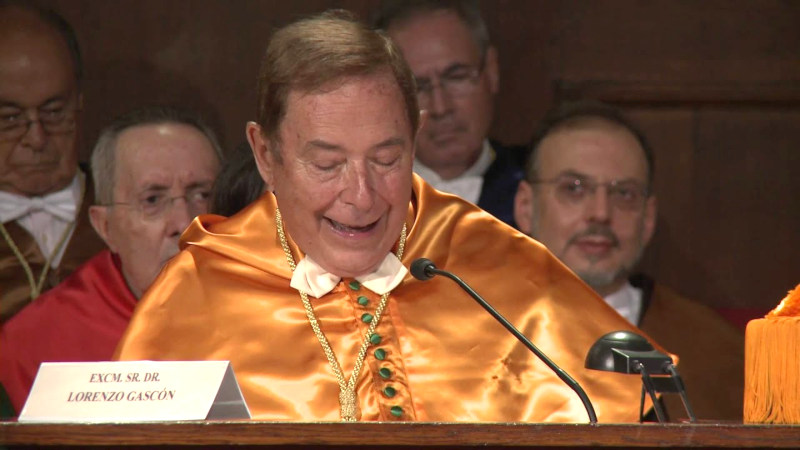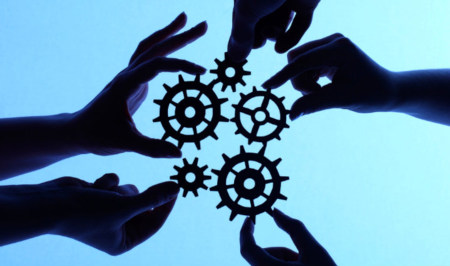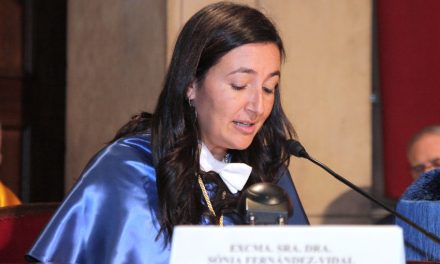
Dr. Lorenzo Gascón
Lorenzo Gascón, honorary academician of the Royal European Academy of Doctors-Barcelona 1914 (RAED), has participated in the International Conference that the World Academy of Arts and Sciences (WAAS), of which he is also a member, has held in Podgorica (Montenegro) between the 16 and 18 of May with the work “An arduous and essential task: coexistence and integration”. The sessions are focused on the acceleration of the history that globalization entails, with a technological development hitherto unknown and social and cultural changes also unprecedented.
In this line, the academician of the RAED addresses in his work one of the main problems facing Europe: the crisis of illegal immigration and the social, labor and cultural integration of these immigrants in the host countries. “In recent years, the northern shores of the Mediterranean have been under increasing pressure caused by the unprecedented migratory flow from Africa and the Middle East, and great efforts must be made to ensure the proper coexistence of millions of people in the Mediterranean”, the academician begins his reflection after listing the main migratory flows of history between both shores.For Gascón, the recent conflicts in various countries of the Middle East and the Maghreb and the imbalance of population and wealth in the Mediterranean regions have led to waves of migration for which neither the countries of the north bank nor the specific institutions such as the Union for the Mediterranean, based in Barcelona, were prepared.

“Until now, extensive and effective work has been carried out to analyze the problems of adaptation and integration resulting from the great migrations of the last 30 years: teaching the local language, studying the problems related to the coexistence of different cultures and religions and many other aspects should generate mutual acceptance and the adoption of people of other origin…”. Now, for the academician, all this seems to be insufficient.
“Controllable migration would be ideal, the arrival of qualified migrants, willing to learn the local language and integrate into the host society, would surely be welcome, but that is, unfortunately, an illusion”. Hence the emergence of populist movements that proclaim the loss of cultural and national identity, prejudices are frequent and increasing, and the need for common and coherent migration policies within the European Union seems to be obvious, but the reality is also different at this point. The dichotomy between globalization and nationalism is something that we can’t ignore and which is difficult to solve, although it’s difficult to admit, the future of the Europe in which we have grown up is in crisis, we all must make an effort to find solutions to the current situation”, he concludes.


